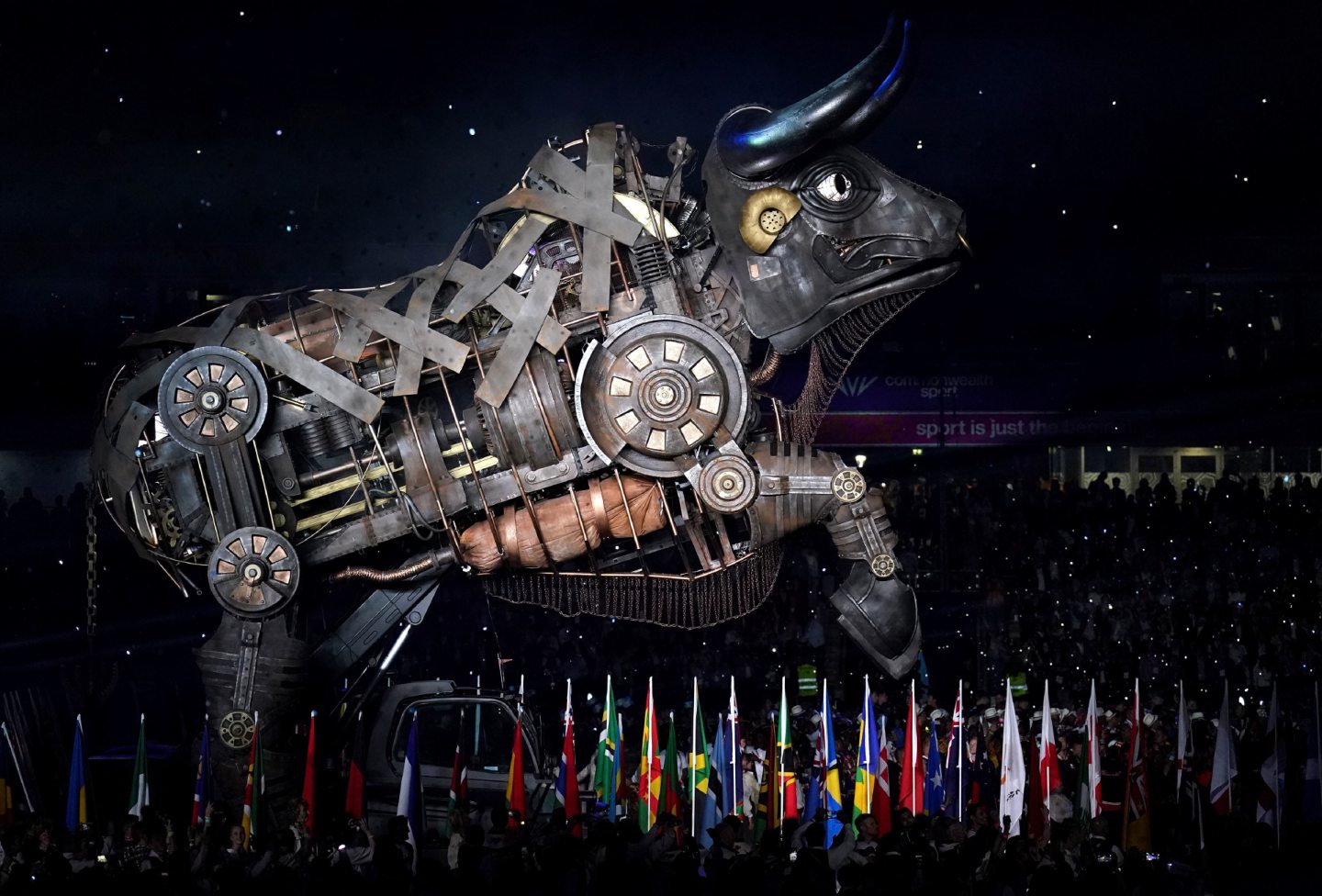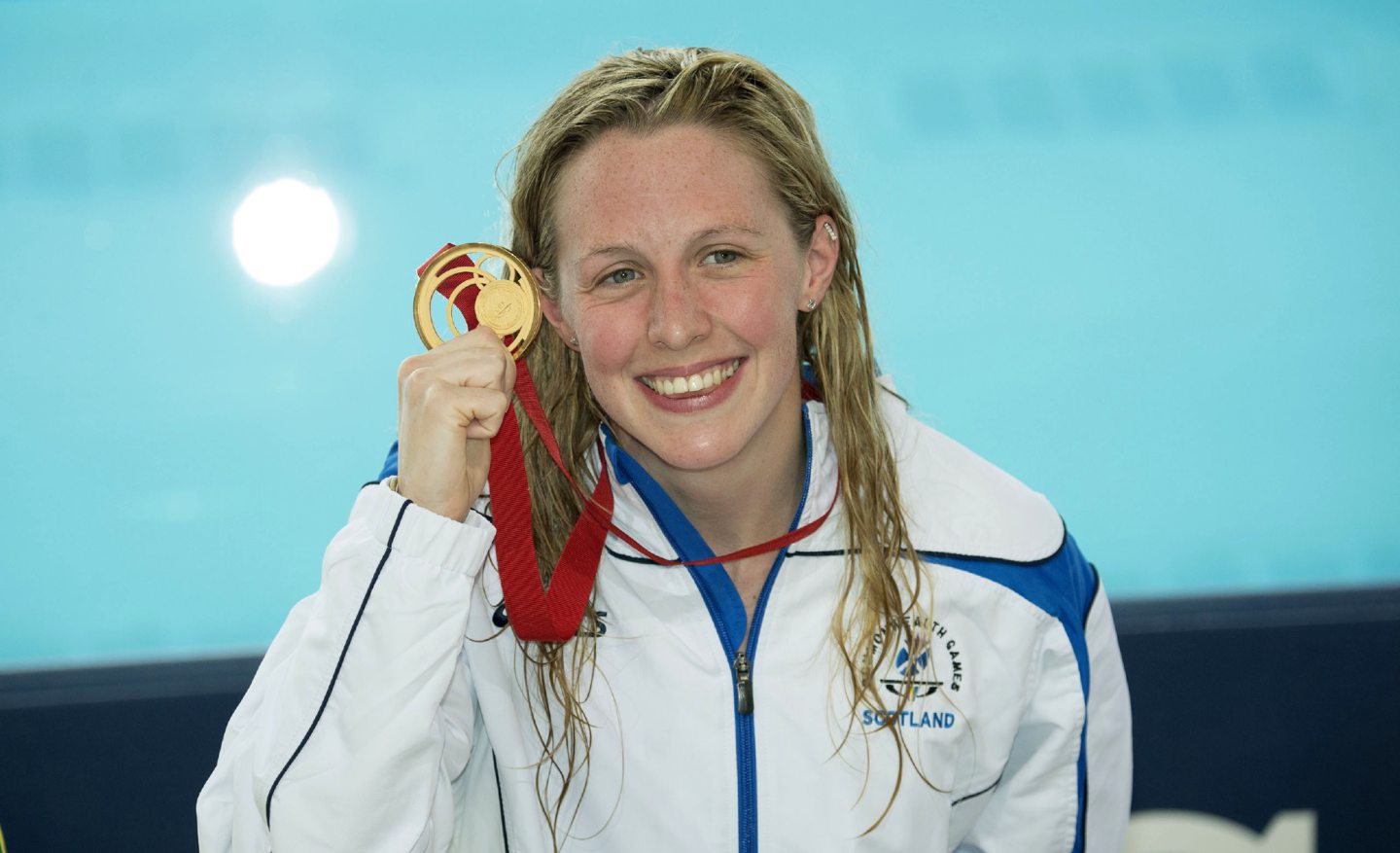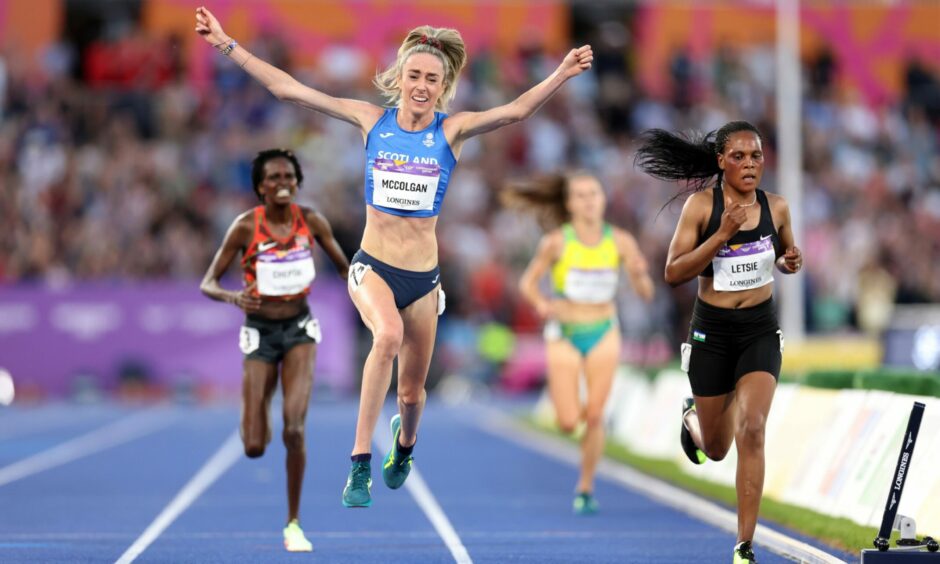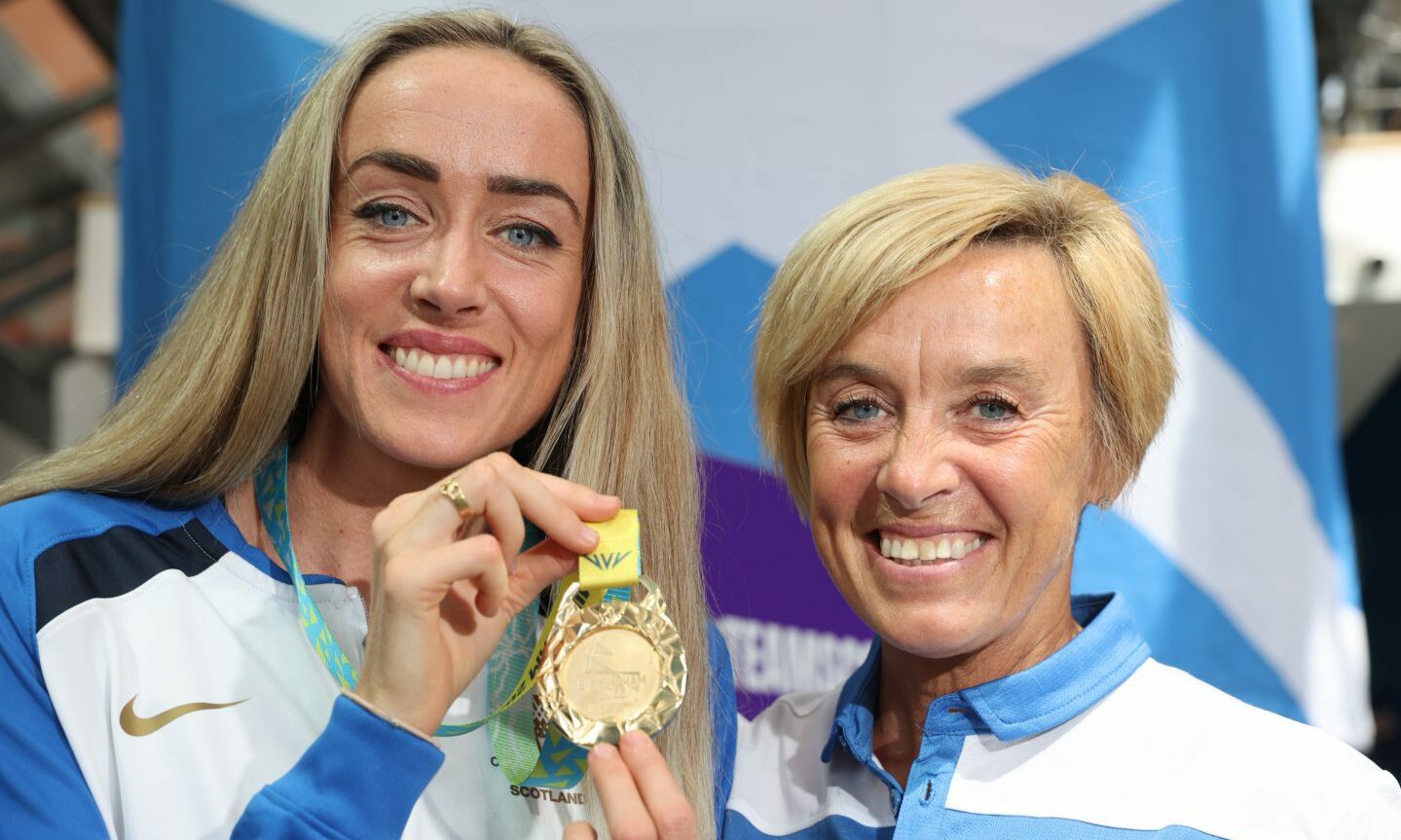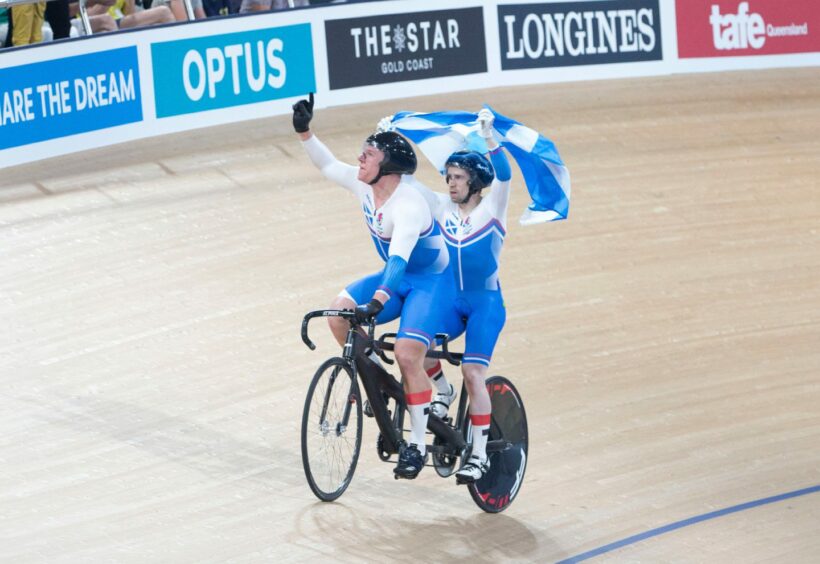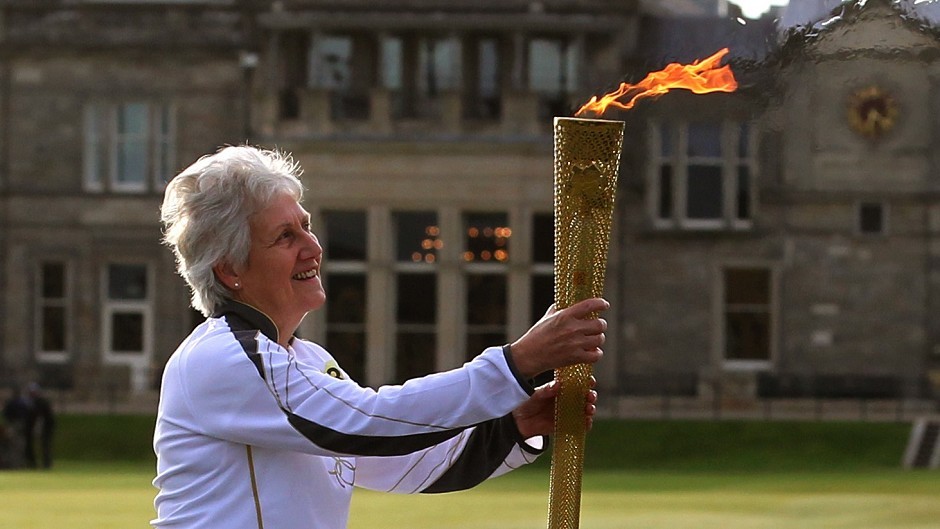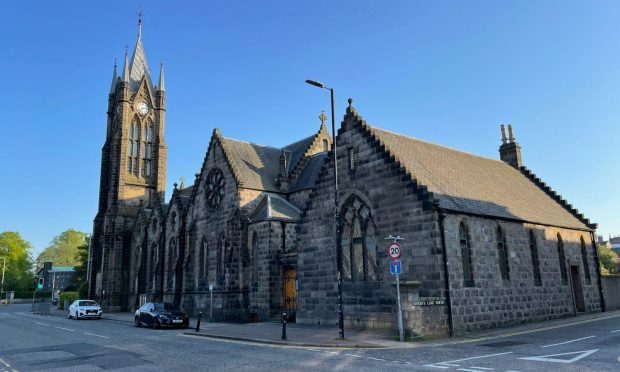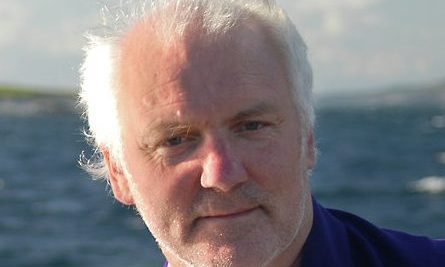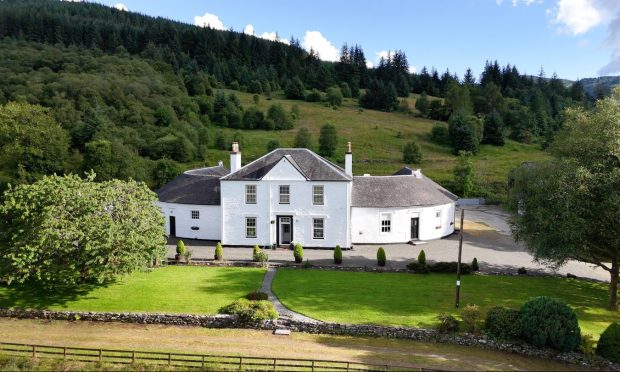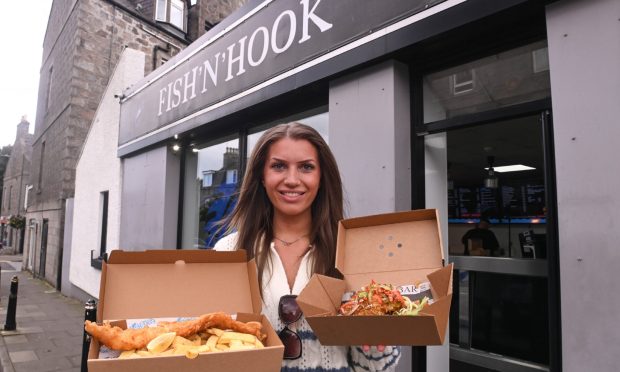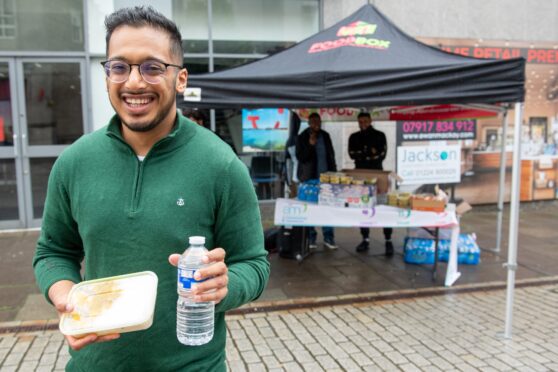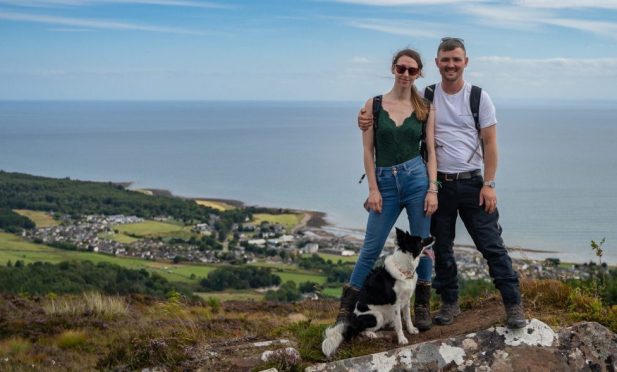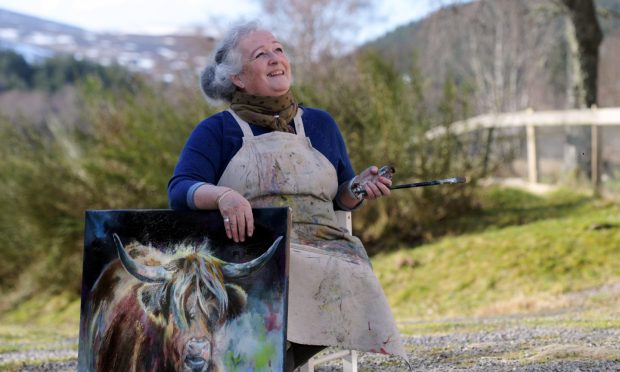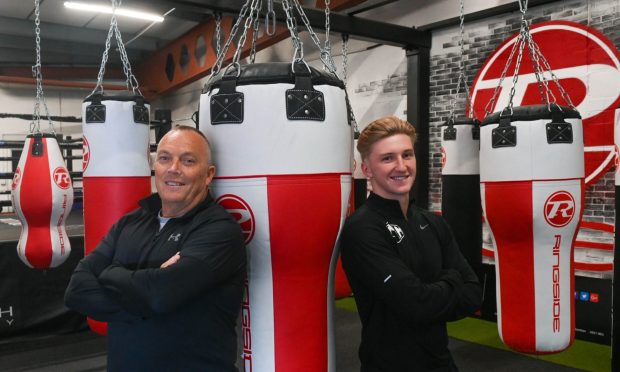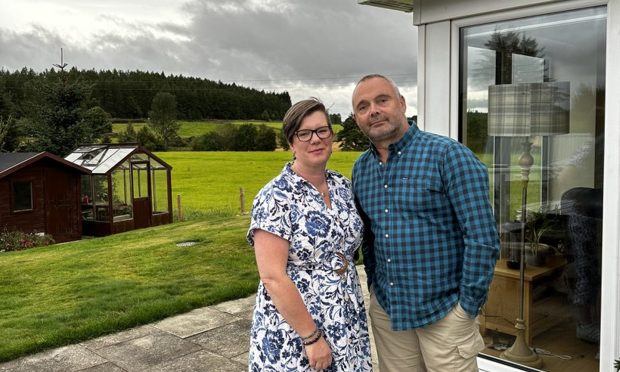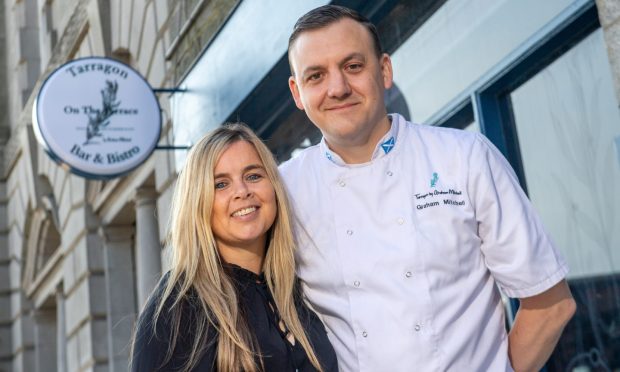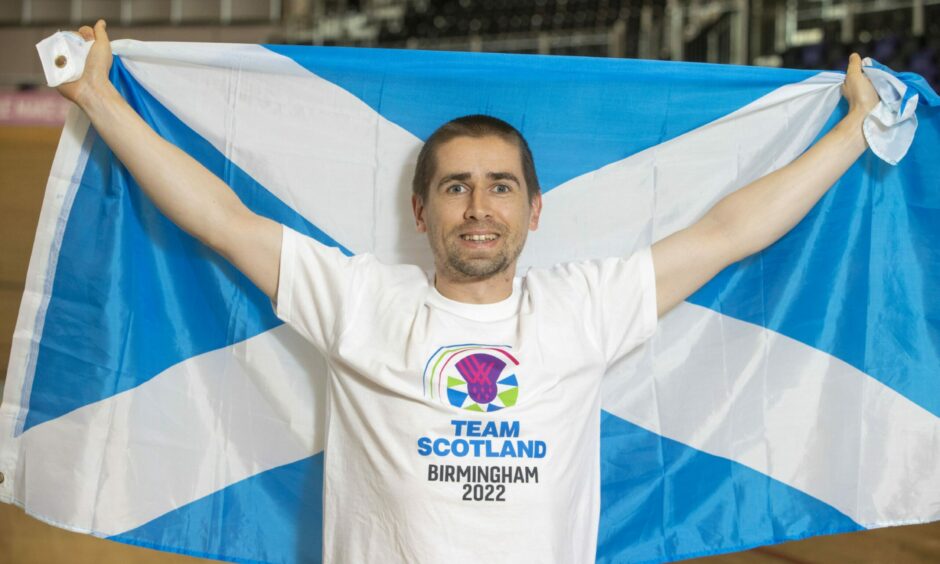
It was one of the most joyous images of 2022; the sight of Scottish athlete Eilish McColgan surging to victory in the 10,000m at the Commonwealth Games in Birmingham.
The unalloyed delight on her face testified to what standing on the medal podium, receiving her gold medal, and singing Flower of Scotland meant to her – especially when she was joined by her mother, Liz, who achieved the same triumph at the same distance in 1986 in Edinburgh (a title which she defended four years later).
Yet, if the action on the track and in the pool and across the other sports was often exciting and entertaining, it came at a heavy price. These Games were orginally meant to be staged in Durban in South Africa, but the latter missed key deadlines and was forced to withdraw its bid, sparking a fraught search for a replacement venue.
‘All cost and no benefit’
And, while Birmingham eventually came to the rescue, it only happened after the UK government committed more than £560m, along with £190m being coughed up by the city council. Eventually, the cost rose to more than £1bn, which is an awful lot of money for 13 or 14 days of sport, no matter what gloss about “legacy” the organisers put on it.
In that context, few people should have been surprised at last week’s announcement by authorities in Victoria that they have ditched their efforts to stage the 2026 Games, due to spiralling finacial projections.
The Australian state only agreed to host the festivities in April, but already, their initial projections have proved they could have lost a fortune.
Daniel Andrews, the state premier, was forthright about the decision, which effectively jeopardises the future of the Commonwealth Games. As he said: “I’ve made a lot of difficult calls in this job, but this is not one of them. This is all cost and no benefit.”
Other cities ruled themselves out
The news caused shock in some circles, and the Commonwealth Games Federation is still attempting to find an alternative city or multi-location host, with Christchurch in New Zealand and the Gold Coast [of Australia] being mooted as potential venues.
Scotland’s First Minister, Humza Yousaf even said that he would be interested in rescuing the competition from oblivion, but while his intervention garnered plenty of headlines, there seems to be little meat on the bones of the proposal at this stage.
Indeed, a Scottish Government spokesman told me: “The 2014 Glasgow Commonwealth Games received international recognition as an outstanding fortnight of sporting and cultural events.
“We [the SG] will, of course, explore if Scotland can support of a multi-city, multi-partner hosting opportunity, but the Commonwealth Games Federation will need time to consider next steps, and it would be premature to comment further at this stage.”
Any caution is amply justified. Montreal, which staged the Olympics in 1976, finally paid off its debts – in 2006. India apportioned $250m for the 2010 Commonwealth Games in Delhi; they came in at $11bn, the most expensive in history, with officials subsequently admitting that the scale of the enterprise had left them shocked.
The athletic contest that became the Commonwealth Games was first held in Hamilton in Canada in 1930 and featured just 11 teams, including the four home nations, British Guyana and Newfoundland. “From many parts of the British empire,” its competitors vowed, “we are here assembled as athletes to compete in friendly competition.”
The event has mushroomed in size
By the time the Games were first held in Edinburgh in 1970 – they returned to the Scottish capital in 1986 – they featured 42 nations and 1,744 athletes taking part in 121 events across 10 sports. But there was still an amateur ethos about much of the proceedings, with participants staying in university halls of residence, which were closed for the summer during the 10-day duration of the competition in July.
That contrasted starkly with the situation in Birmingham, which attracted more than 5,000 athletes from 72 nations, who battled for medals in 280 events in 20 different sports. Many of the facilities had to be hastily constructed, while the Games village was a sprawling complex – a mini community bolstered by both professional organisers and an army of volunteers who also came to the party in Glasgow in 2014.
Economic crisis ‘hitting sports hard’
Cash isn’t the only consideration. In the modern world, this event, which started its history as the British Empire Games, is widely regarded as an anachronism.
Globally-renowned sprinter Usain Bolt was among those who didn’t find anything to celebrate during the so-called “Friendly Games” in Glasgow, while diving champion Tom Daley has highlighted that many of the participating countries are anything but friendly if you are a homosexual. (Uganda’s President Yoweri Museveni signed a bill in May, criminalising same sex relationships, including potentially bringing back the death penalty for those convicted of “aggravated homosexuality”).
Then, there’s the reality of a cost-of-living crisis for many people in the Commonwealth, and the difficulty of balancing the books.
As Liz McColgan told me: “We are in a world of economic crisis and it is hitting sports hard. Let’s hope that another country can step in and host.”
That prospect still exists, but it’s hard to envisage these Games lasting much longer and some officials privately believe they won’t survive to celebrate their centenary in 2030.
Yet, while they are expensive, and present serious logistical challenges, there’s no doubting that athletes relish being involved and, for the Scottish contingent, it is often the only opportunity they will gain to represent their homeland rather than Team GB.
Commonwealth Games are ‘like no other’
Neil Fachie, the Paralympic and Commonwealth Games cycling champion is among those who feel something special would be lost if they disappeared from the calendar.
The Aberdonian said: “In my experience, the Commonwealth Games are like no other. Often referred to as ‘The Friendly Games’, they’ve always felt more fun to me. A little less serious than the Olympic and Paralympic Games, a lot more show than your average World Championships. I would miss them dearly if they didn’t continue.
“Perhaps, Games that were once based on the British Empire are not in keeping with modern-day values, but it never felt that political. I met athletes from so many countries, all of whom were delighted to be part of it.
“And, again, setting political views aside, competing as Scotland, England, Wales and Northern Ireland brings a uniqueness and element of fun.
“I love the Commonwealth Games and I perhaps looked towards the 2026 edition as potentially my last. I hoped to compete there and become the outright leading Scottish athlete of all time. That may not happen now, we shall see.”
‘We are one family’
The CGF recognises that it faces a stern fight to ensure the Games aren’t lost forever.
But the organisation’s president, Dame Louise Martin, a formidable Fifer with a skill for swerving around difficult political scenarios, is still convinced of their value.
As she said: “We are one family. Our 72 nations, we all speak the same languages. We are all in this together. If you go into the village and see the athletes together, it’s family, that’s how we speak and how we see each other.
“I find it strange. Some people talk about colonialism and all the different breakdowns. Yes, people want independence, but people still want to be a part of the Commonwealth Games. We’re unique because we are holding everyone together.”
Fine words. But one suspects she won’t have been amused by Victoria’s behaviour. And the clock is ticking for those who want the Commonwealth to have a party in 2026.
